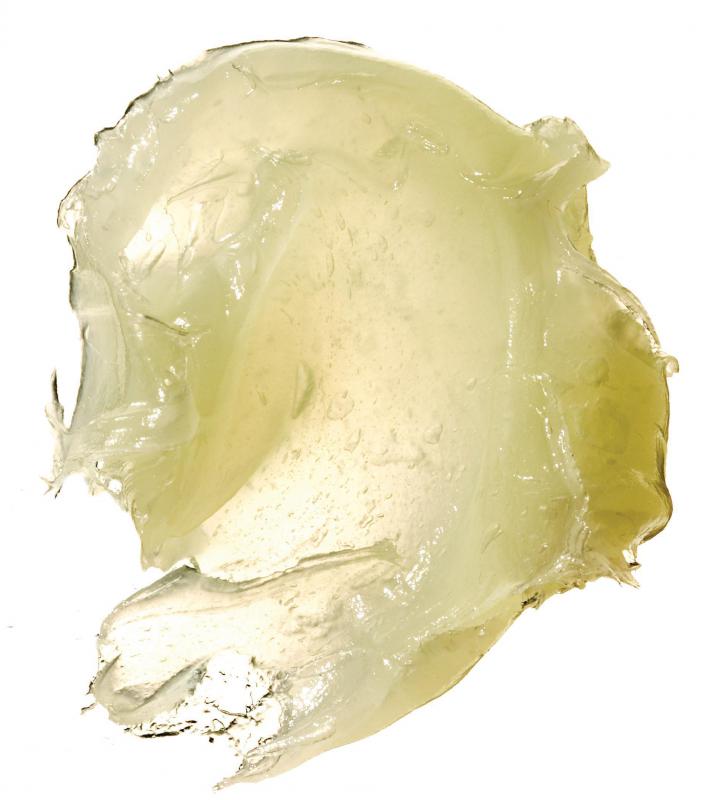At WiseGEEK, we're committed to delivering accurate, trustworthy information. Our expert-authored content is rigorously fact-checked and sourced from credible authorities. Discover how we uphold the highest standards in providing you with reliable knowledge.
What Are the Medical Uses of Sanguisorba Officinalis?
Sanguisorba officinalis, commonly known as great burnet, is a plant that can be used medicinally to treat a number of different conditions. It is believed to have astringent properties and is often used to stop external and internal bleeding. Some herbalists may also prescribe this plant in the treatment of gastrointestinal disorders. Though it has been known to medicine for thousands of years, the medicinal effects of Sanguisorba officinalis have not been scientifically studied.
One of the most common medicinal uses for Sanguisorba officinalis is in the treatment of various skin conditions. The leaves, flowers, seeds, and stems can be dried and turned into a paste. Alternatively, the tannins that are found in these parts of the plant can be extracted and then be placed directly on the affected area. When applied to an open wound or sore, Sanguisorba officinalis constricts the blood vessels and stops bleeding.

The constricting effects of this plant have also led to its use in the treatment of varicose veins. It is believed to ease the symptoms of this disorder by stopping the swelling of the blood vessels on the surface of the skin. Other skin conditions, such as eczema or burns, can also be treated with the use of Sanguisorba officinalis. For these conditions, the root of this plant is mashed, mixed with an oil, such as petroleum jelly, and then applied to the affected skin.

Herbalists have also used Sanguisorba officinalis to treat internal bleeding. For these treatments, the dried herbs are eaten so that the astringent effects spread throughout the patient's body. It has been historically used to lessen the severity of menstruation, either during a woman's normal cycle or during menopause. Some patients may also be given this herb to help stop internal bleeding that occurs as a result of injury or surgery.

Gastrointestinal disorders may also be treated with Sanguisorba officinalis. Patients with diarrhea or blood in their stool can be treated with an oral preparation of this herb. It has also been used in folk medicine as a treatment for dysentery, an infection of the gastrointestinal tract that can be caused by protozoa or bacteria. The tannins found naturally in Sanguisorba officinalis are believed to have antimicrobial properties that could make it an effective treatment against infections of the digestive system. Serious infections, including dysentery, should be seen by a doctor, however, because modern antibiotics can quickly and effectively kill off infections of the intestinal tract.
AS FEATURED ON:
AS FEATURED ON:













Discuss this Article
Post your comments